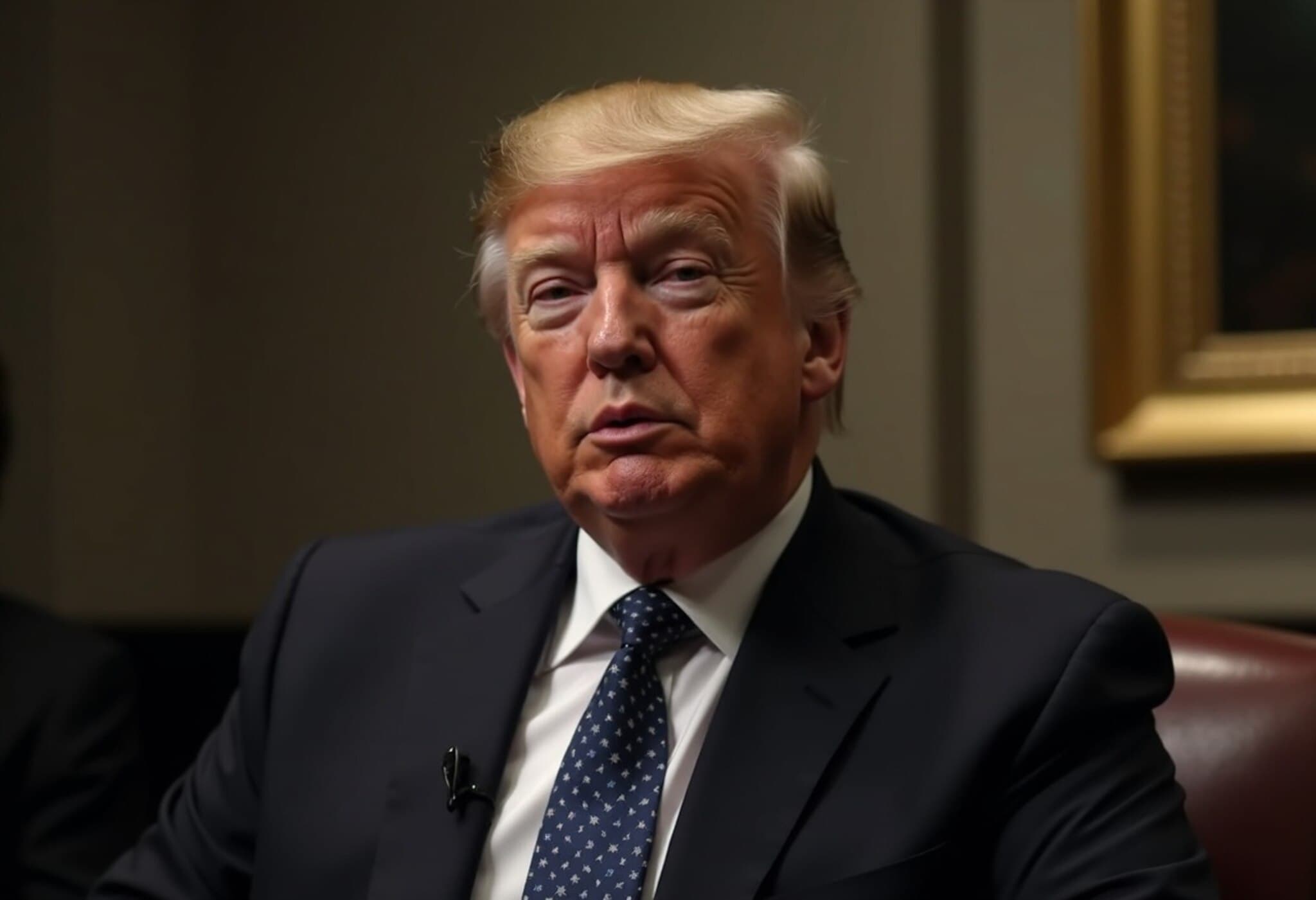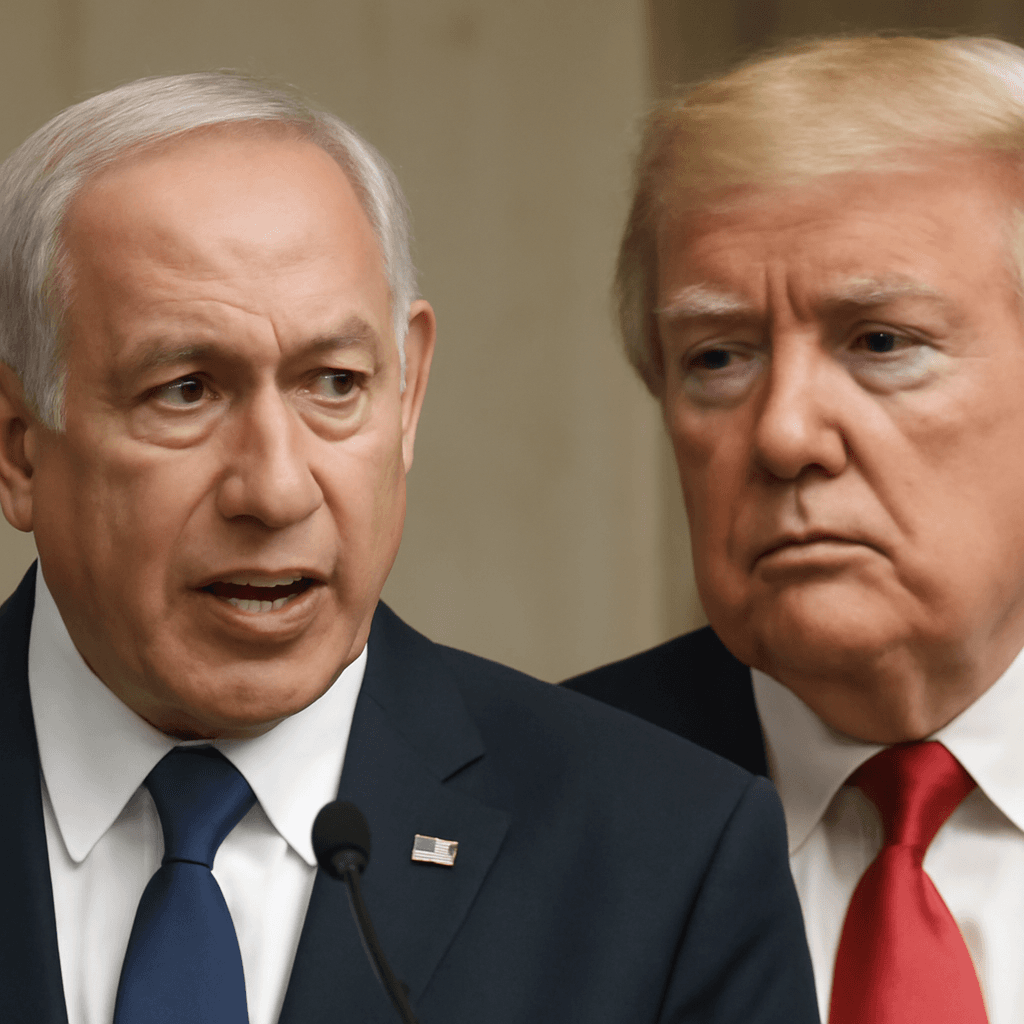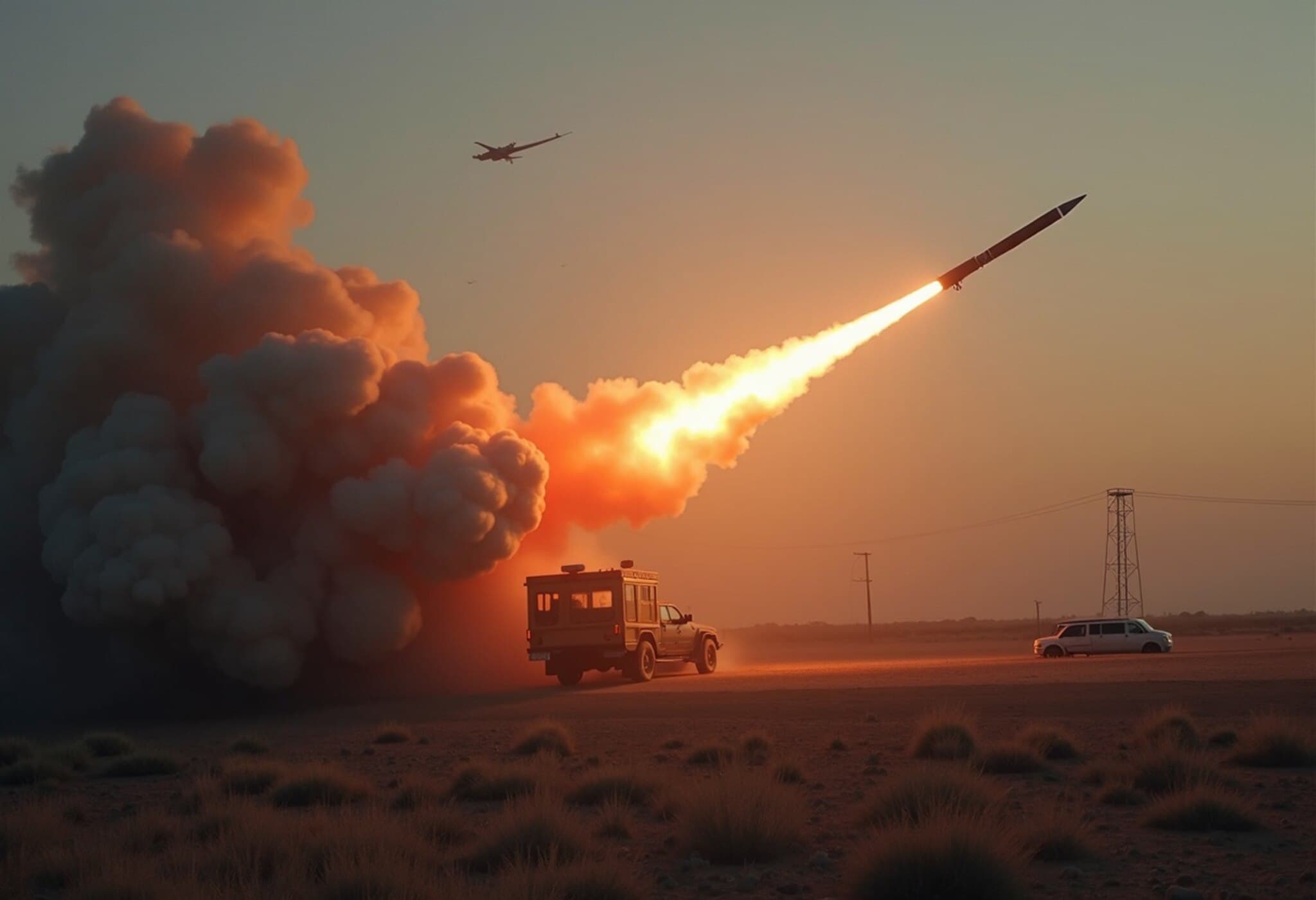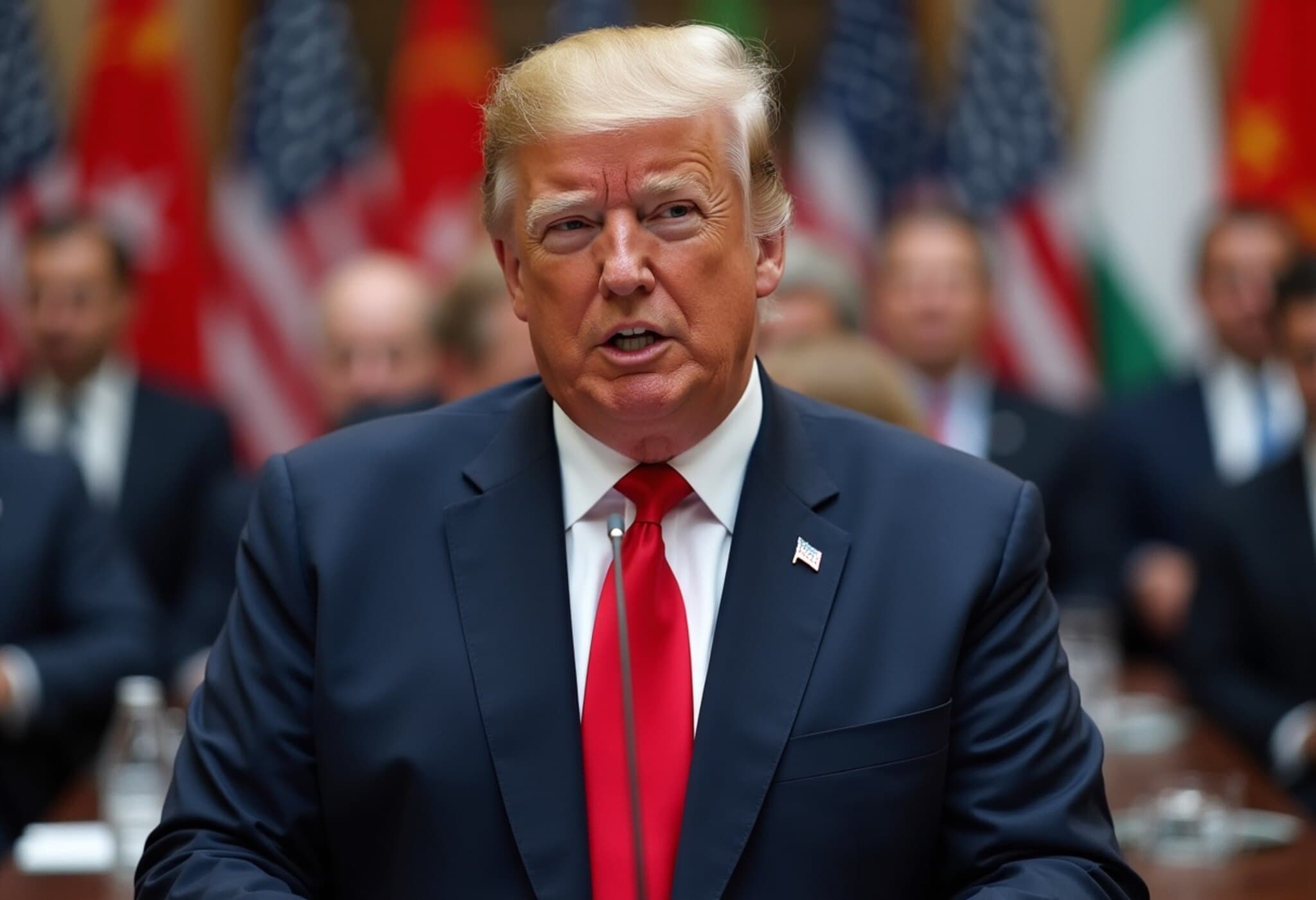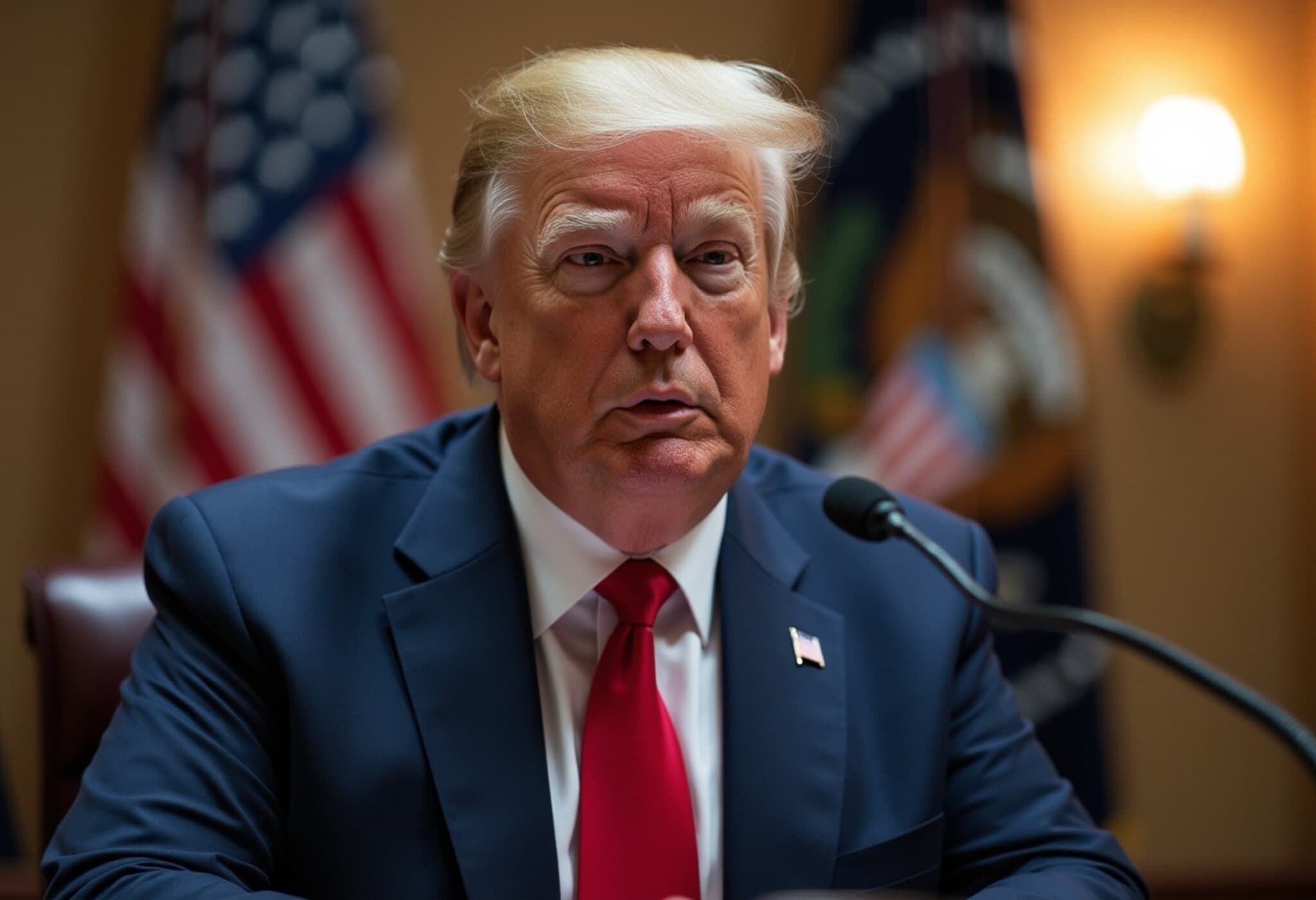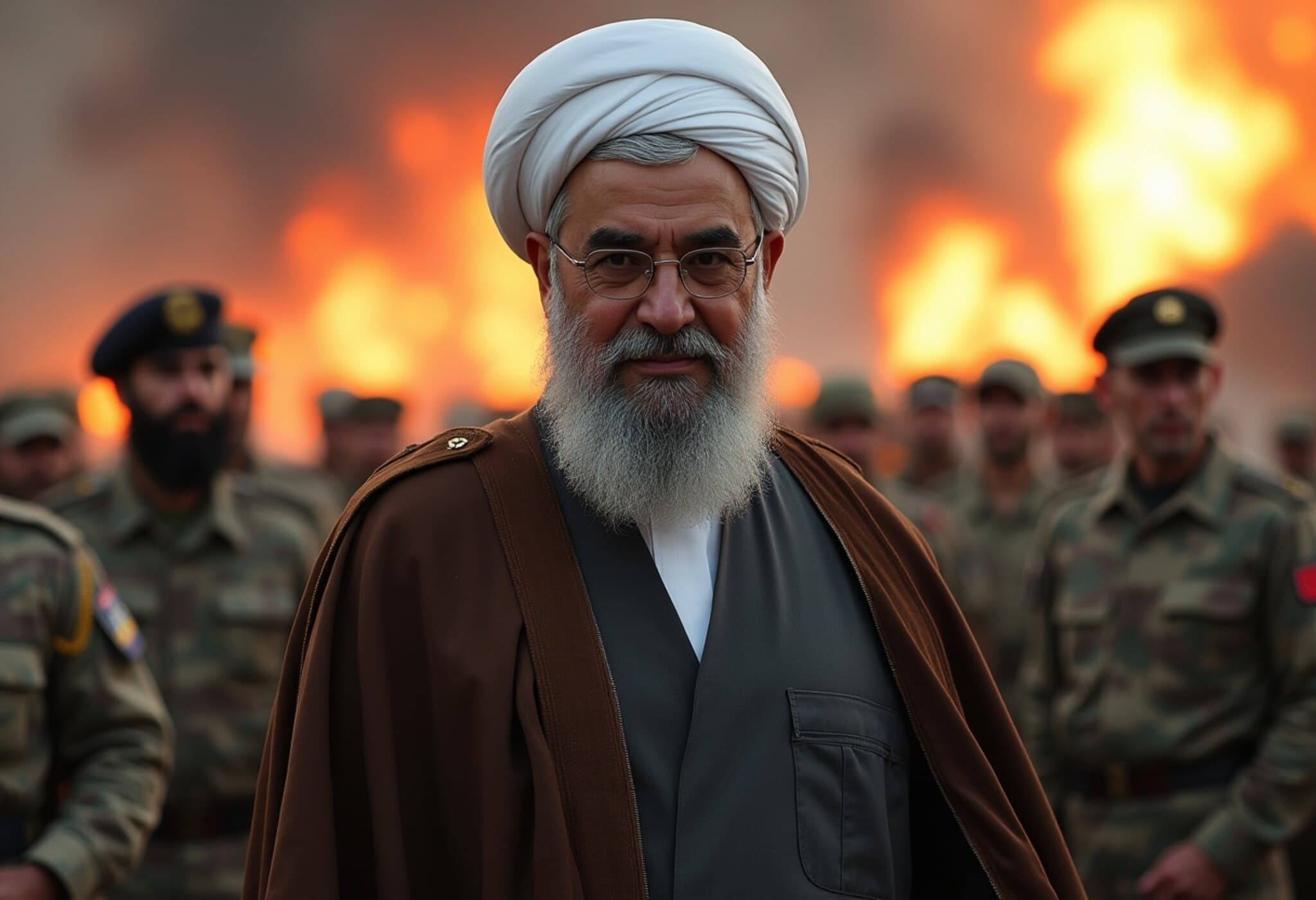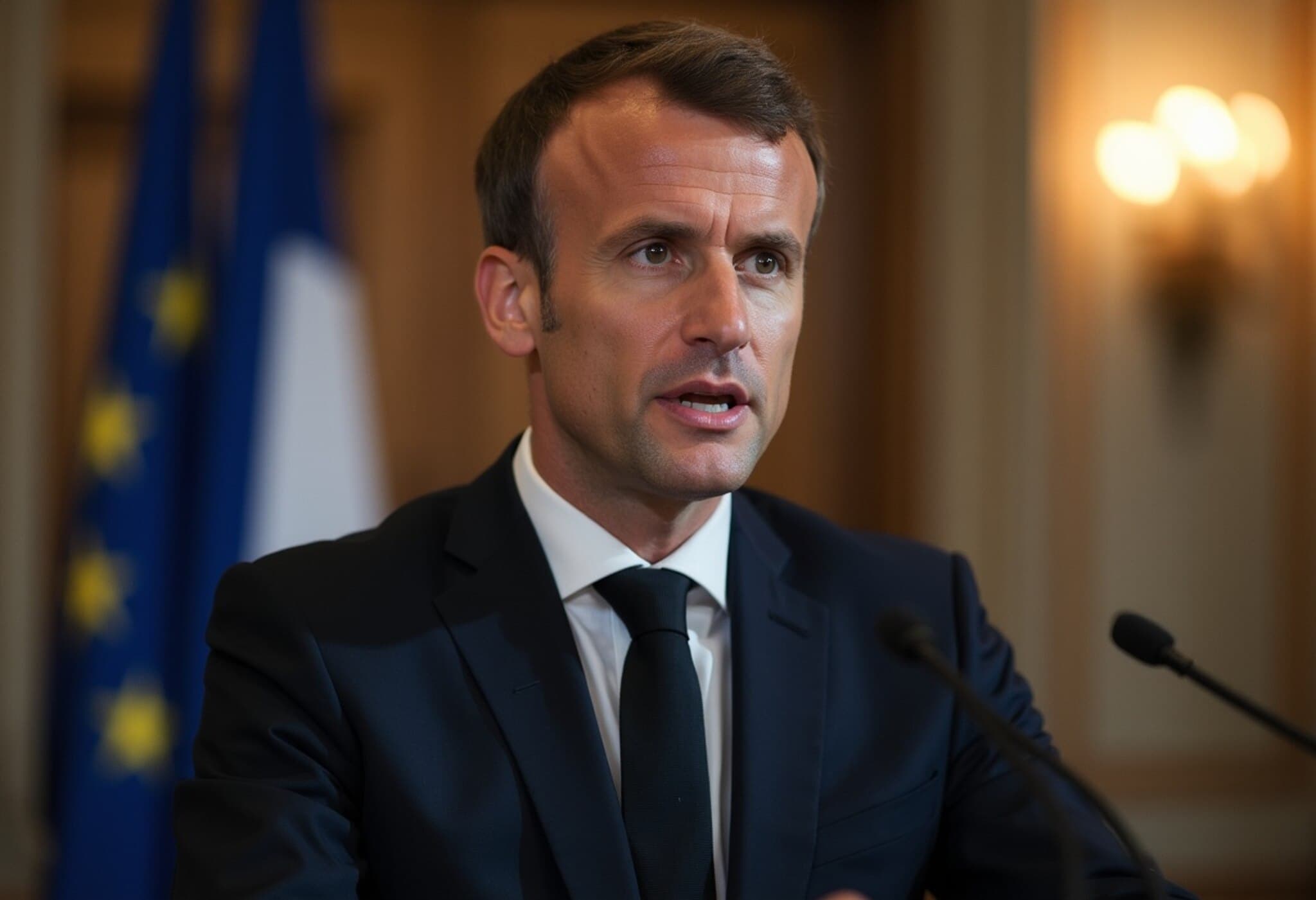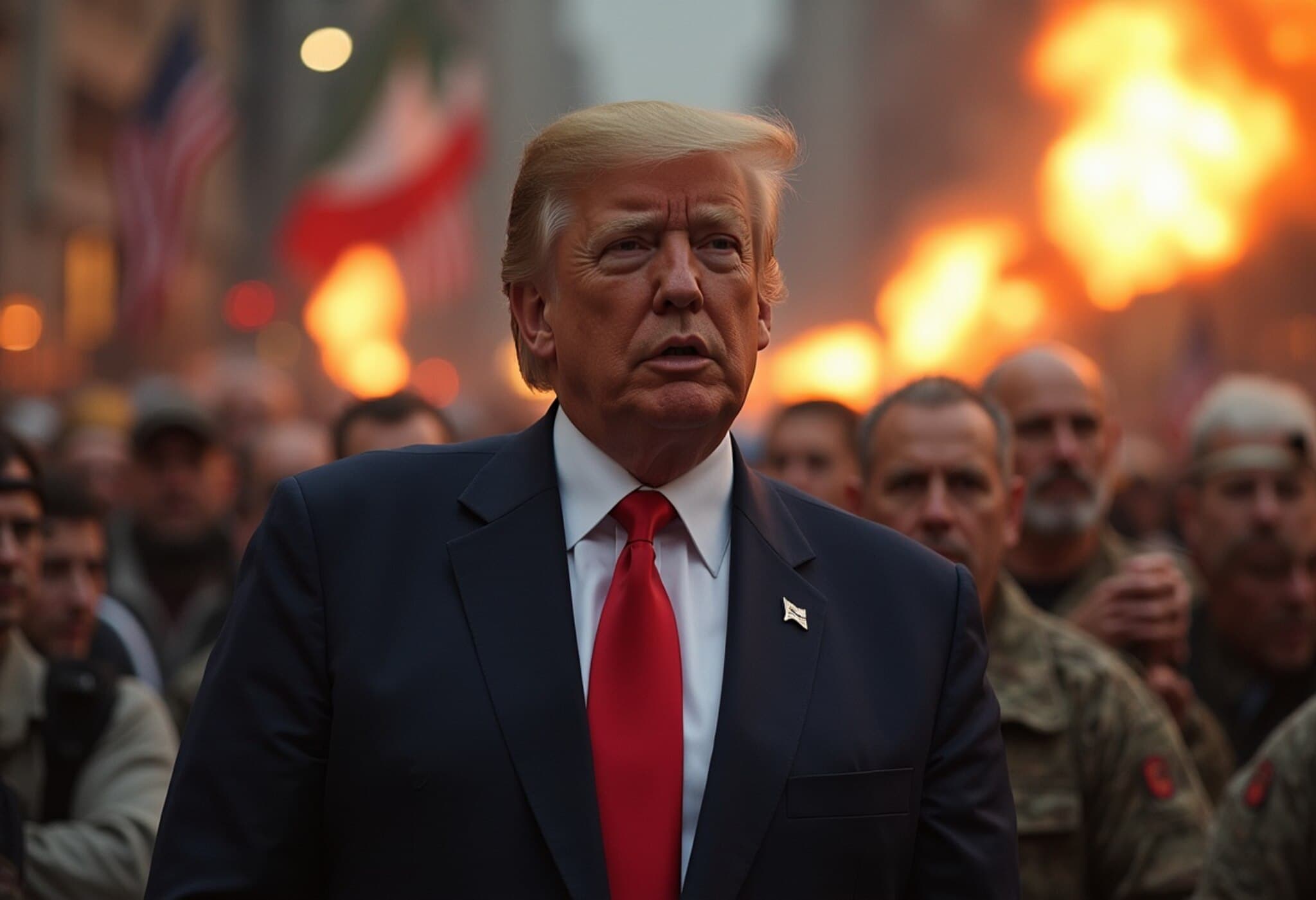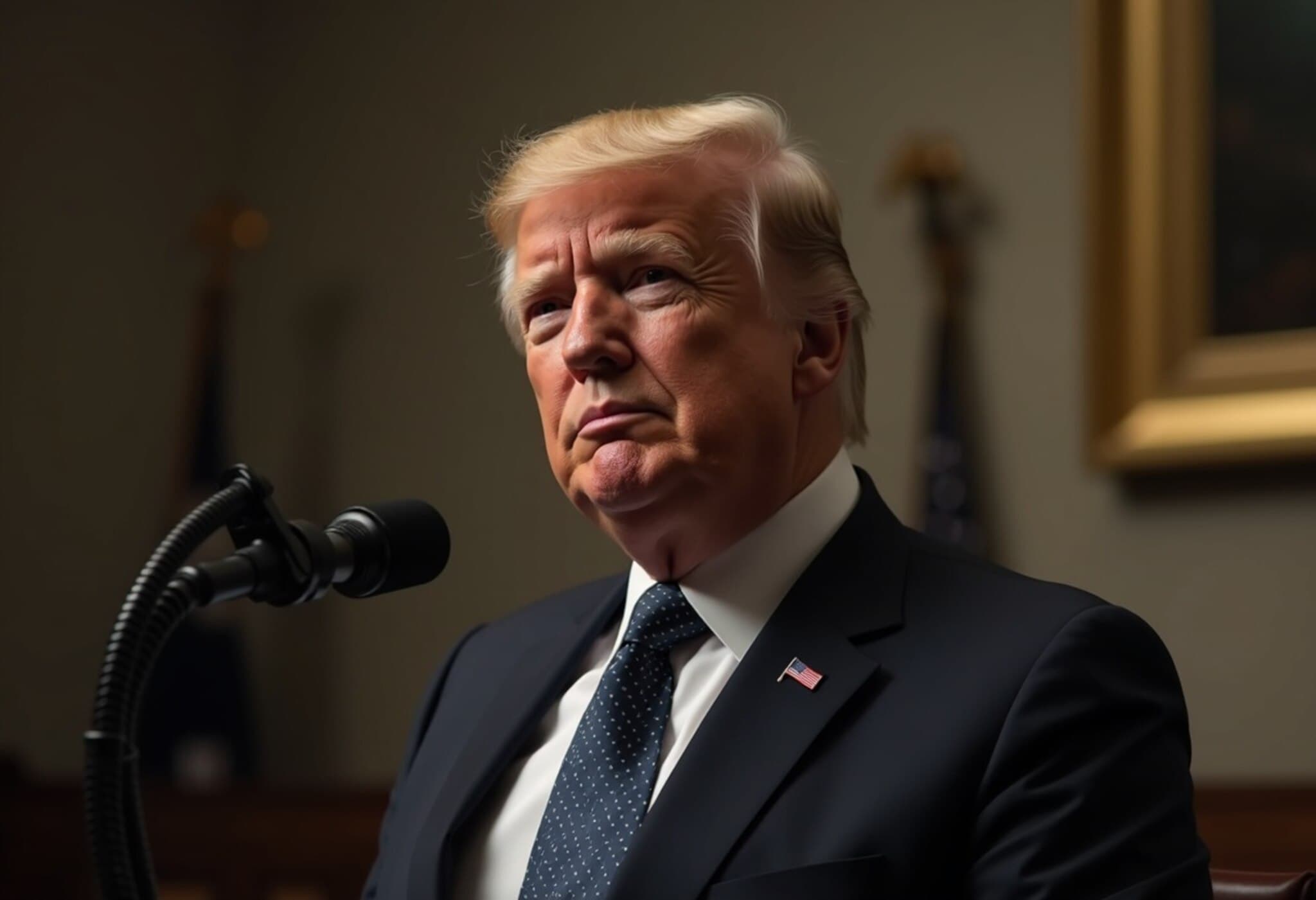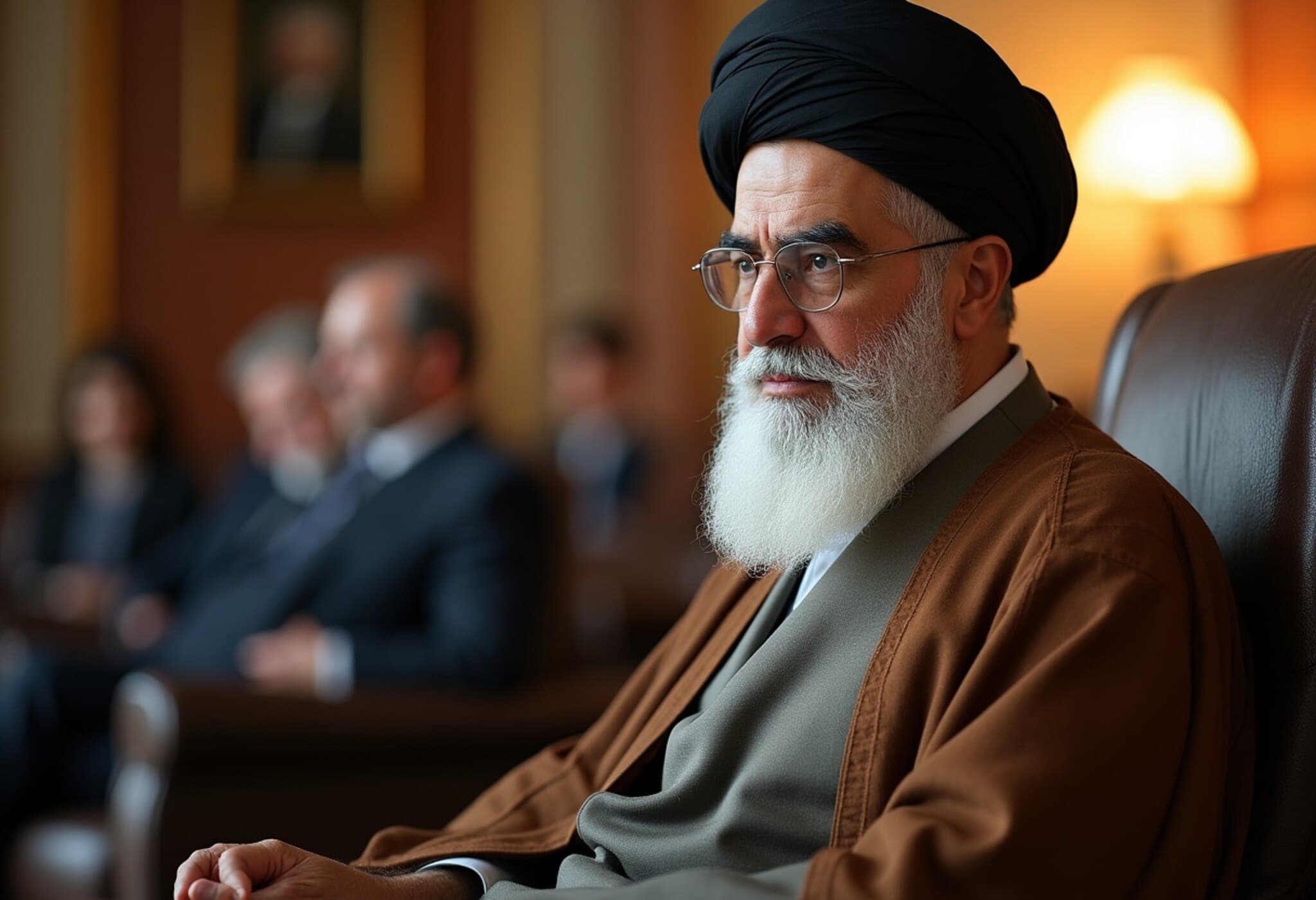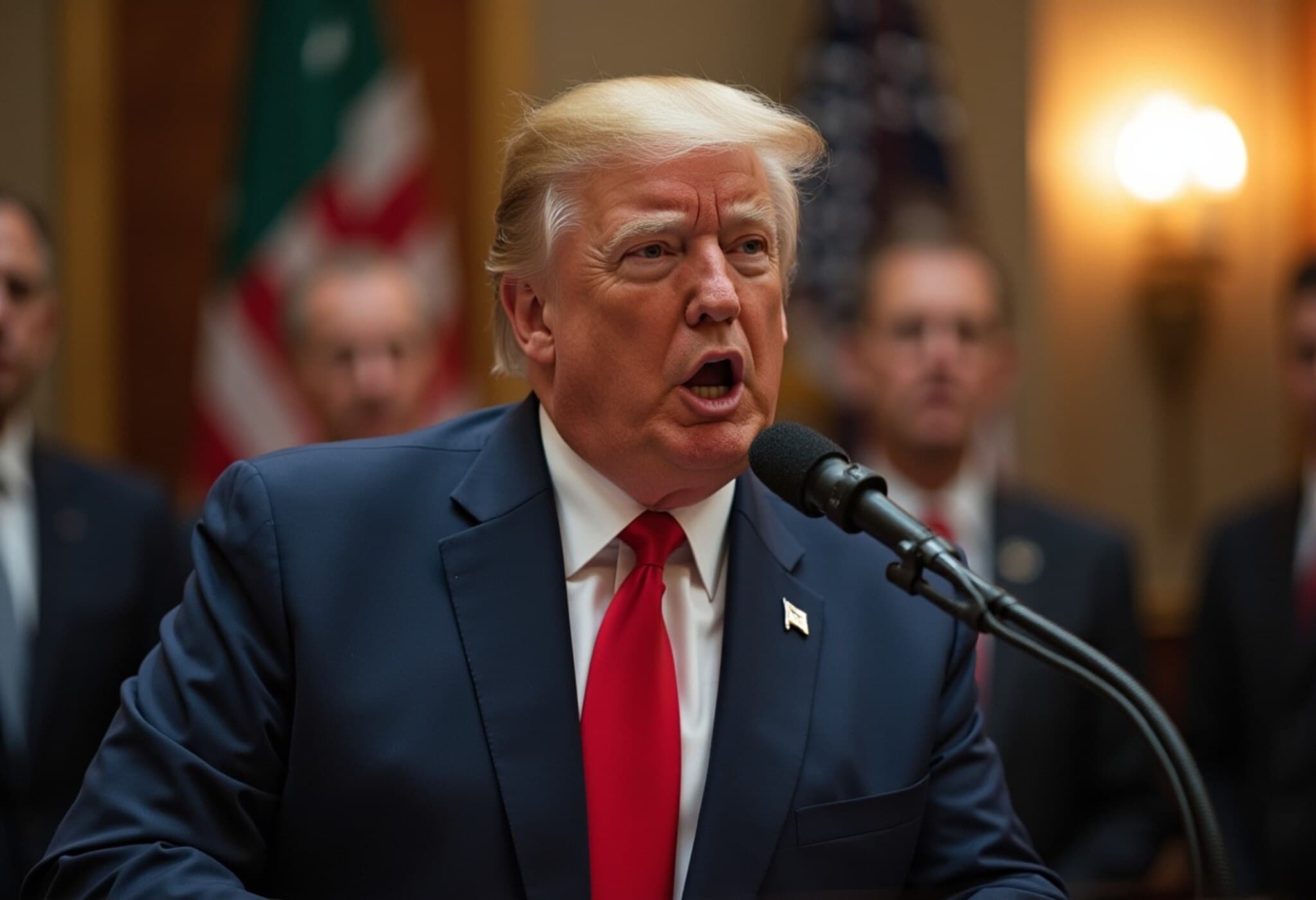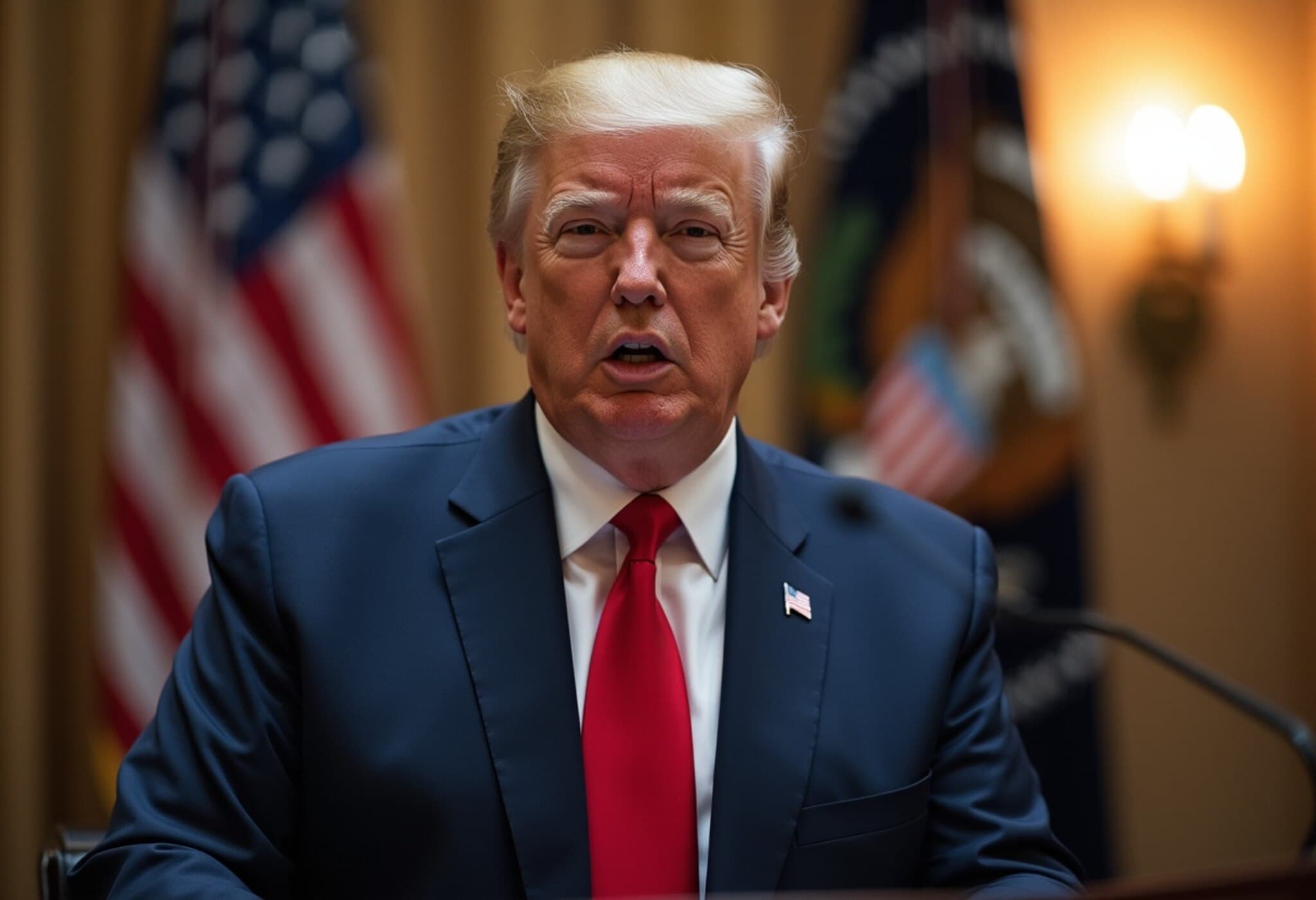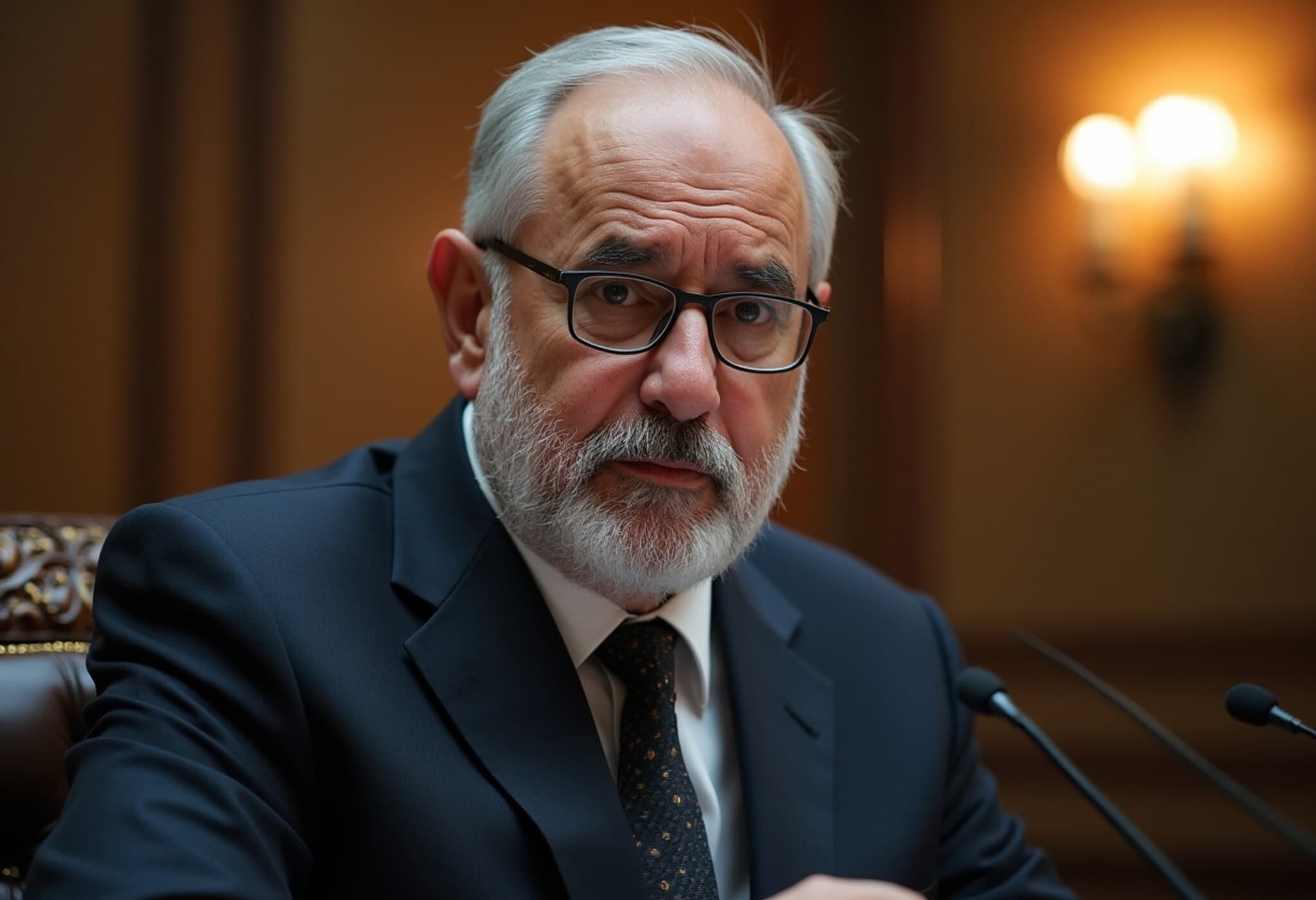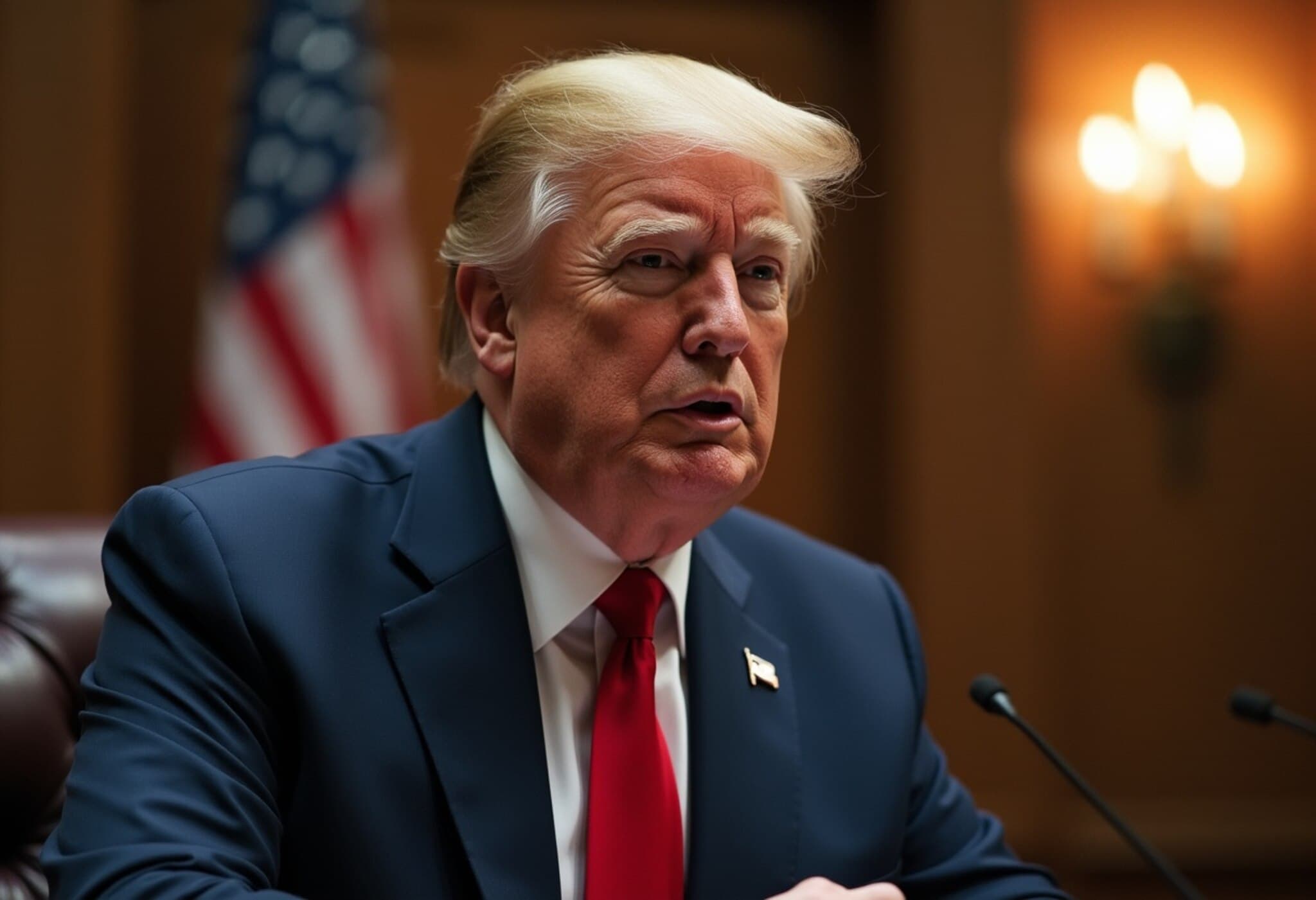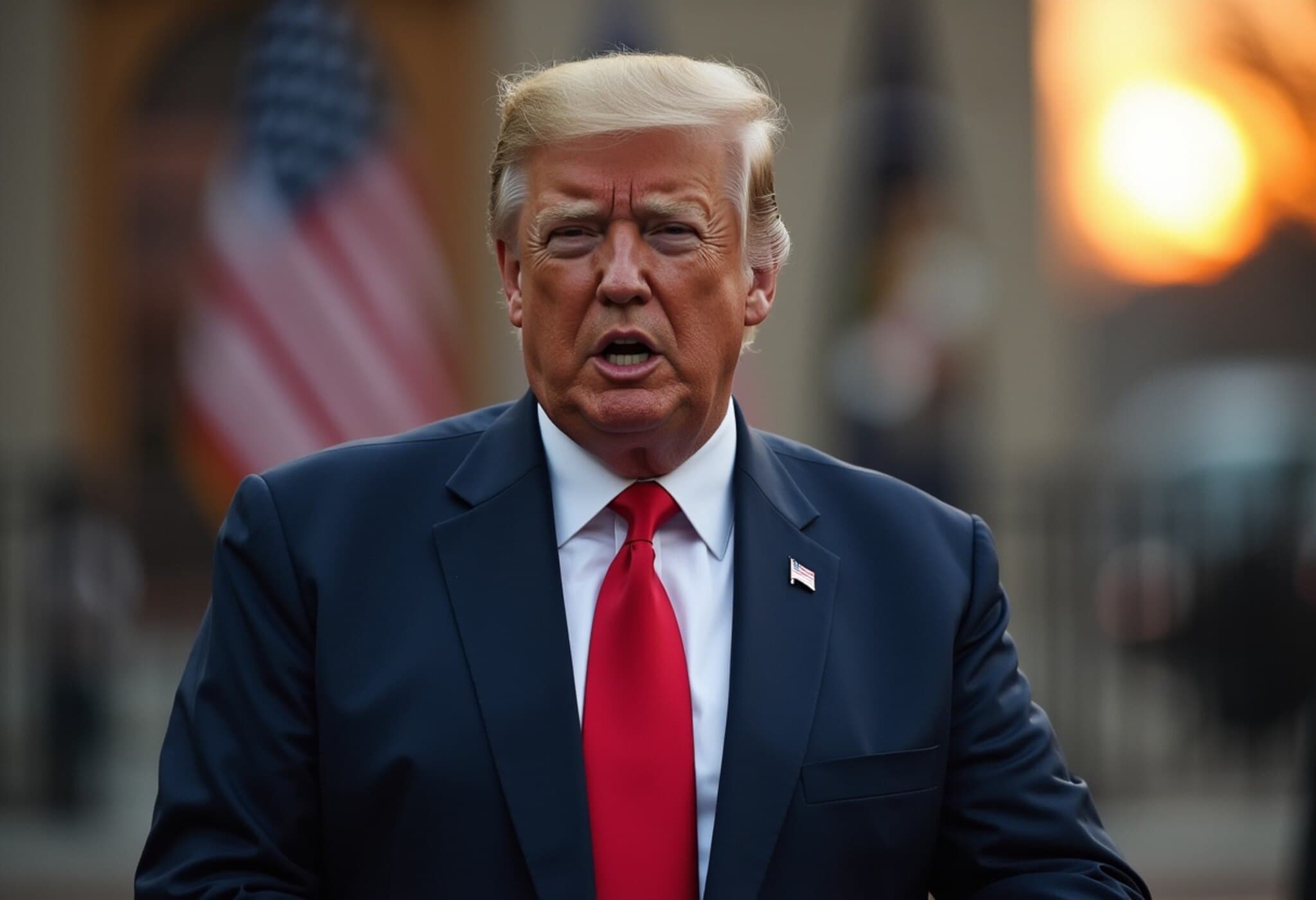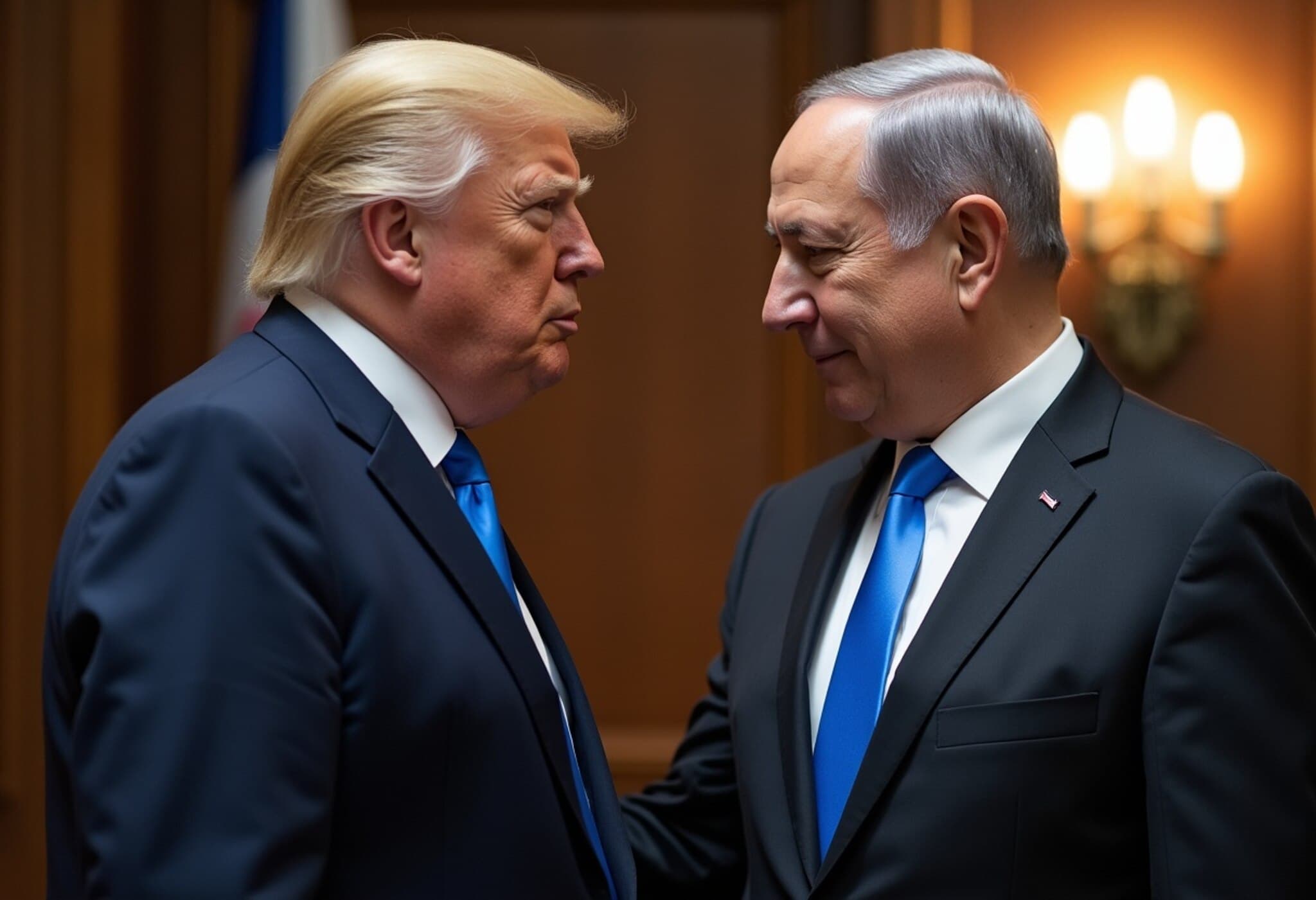Trump Rejects Israeli Proposal to Target Iran's Supreme Leader
In a move that underscores the delicate balance in U.S.-Middle East relations, President Donald Trump recently declined an Israeli plan to assassinate Iran's Supreme Leader, Ayatollah Ali Khamenei. This decision came at a critical juncture following a significant Israeli military offensive aimed at curbing Iran's nuclear ambitions.
U.S. Officials Stress Caution Amid Rising Tensions
According to two senior U.S. officials who requested anonymity, the Trump administration has been exercising restraint, preferring to avoid escalating conflict until Iran directly threatens American lives. One official remarked, "Have the Iranians killed an American yet? No. Until they do we're not even talking about going after the political leadership."
The officials revealed ongoing communications between top U.S. and Israeli leaders since Israel’s recent attacks on Iranian targets. During these discussions, Israel conveyed that it had a chance to eliminate Khamenei but faced a veto from the White House.
Israeli Response and Political Implications
Israeli Prime Minister Benjamin Netanyahu, when questioned about the reports, neither confirmed nor denied such discussions. Speaking in a televised interview, he dismissed the claims as "false reports of conversations that never happened." However, Netanyahu stressed that Israel remains committed to taking necessary actions to protect its security interests, adding that the United States understands its own best course of action.
Diplomatic Efforts in Flux
Trump's decision reflects ongoing hopes within the administration for renewed diplomatic engagement with Tehran regarding its nuclear program. Notably, peace talks scheduled to occur in Oman were abruptly canceled following the recent Israeli strikes.
In an earlier statement, President Trump indicated the administration's awareness and advanced knowledge of Israeli military operations, affirming they "knew everything" about the strikes.
Analysis: A Delicate Balancing Act
- Strategic Restraint: Trump’s veto signals caution, aiming to avoid a wider conflict by waiting for a direct Iranian provocation against U.S. citizens.
- Regional Security: Israel remains wary and prepared to act decisively if deemed necessary.
- Diplomatic Landscape: The cancellation of nuclear talks highlights the fragility of diplomatic efforts amid escalating tensions.
This episode sheds light on the complex strategic calculations shaping U.S. foreign policy in the Middle East, where military actions and diplomacy continuously intersect.

